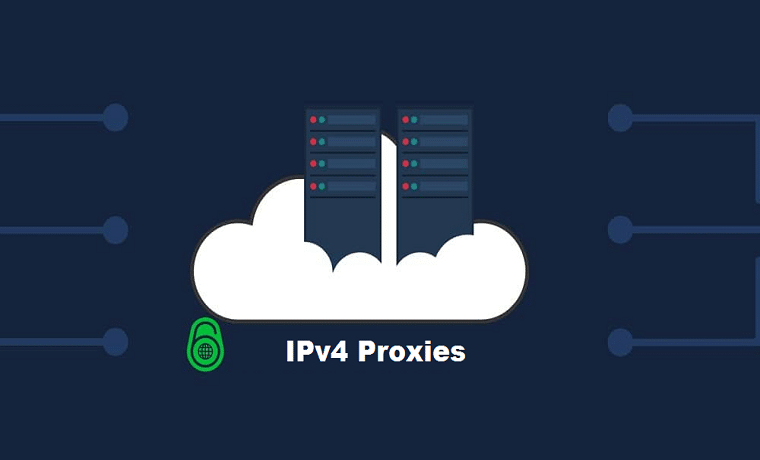Brief information about IPv4 proxy
An IPv4 proxy acts as an intermediary between a user’s computer and the internet, allowing the user to hide or change their real IP address. These proxies are built on the Internet Protocol version 4 (IPv4), which defines the technical format of packets and addressing scheme for computers to communicate over a network.
The History of the Origin of IPv4 Proxy and the First Mention of It
IPv4, introduced in 1981 as a part of the ARPANET project, became the basis for the first generation of proxy servers. As the internet grew, the need to maintain privacy, anonymity, and bypass geo-restrictions led to the evolution of proxies utilizing IPv4.
Timeline:
- 1981: Introduction of IPv4.
- 1990s: Rise of first-generation proxy servers using IPv4.
- 2000s: Rapid growth and adoption of IPv4 proxies for various applications.
Detailed Information About IPv4 Proxy: Expanding the Topic
IPv4 proxy refers to a server that functions as a gateway, using IPv4, between the local network and large-scale networks like the internet. It can serve various purposes, such as security, performance enhancement, and anonymizing the user’s online presence.

Features:
- Anonymity: Helps in hiding the user’s real IP address.
- Access Control: Restricts unauthorized access.
- Caching: Improves performance by storing frequently accessed data.
- Content Filtering: Blocks or filters unwanted content.
The Internal Structure of the IPv4 Proxy: How the IPv4 Proxy Works
The working of an IPv4 proxy can be divided into several stages:
- Request Handling: The user sends a request to a particular website.
- Proxy Evaluation: The IPv4 proxy evaluates the request and checks for cached content or access restrictions.
- Request Forwarding: The proxy forwards the request to the target server if conditions are met.
- Response Handling: The target server sends the response back to the proxy, which forwards it to the user.
Analysis of the Key Features of IPv4 Proxy
- Security: Provides additional protection against cyber threats.
- Anonymity: Helps in masking the user’s actual location.
- Scalability: Can be scaled to manage increasing traffic.
Types of IPv4 Proxy: Classifications and Details
| Type | Purpose | Anonymity Level |
|---|---|---|
| Transparent | Caching, filtering | Low |
| Anonymous | Basic anonymity | Medium |
| Elite | High anonymity and security | High |
Ways to Use IPv4 Proxy, Problems and Their Solutions
Usage:
- Personal Privacy: To browse anonymously.
- Business Security: Protecting internal data.
- Geo-Unblocking: Accessing region-restricted content.
Problems & Solutions:
- Performance Issues: Solved by using optimized servers.
- Security Risks: Mitigated by utilizing encryption and authentication.
Main Characteristics and Comparisons with Similar Terms
Comparison Table:
| Feature | IPv4 Proxy | IPv6 Proxy | VPN |
|---|---|---|---|
| Anonymity | Medium | Medium | High |
| Speed | Fast | Faster | Varies |
| Security | Good | Better | Best |
Perspectives and Technologies of the Future Related to IPv4 Proxy
IPv4 proxies continue to evolve, integrating with emerging technologies like IoT, AI, and blockchain. However, with the gradual transition to IPv6, the relevance of IPv4 proxies might diminish over time.
How Proxy Servers Can Be Used or Associated with IPv4 Proxy
IPv4 proxy servers are part of a broader network strategy. They can be used in:
- Web scraping and automation: For gathering data without detection.
- Load balancing: Distributing network traffic.
- Network performance enhancement: Through caching.
Related Links
- OneProxy – Learn more about OneProxy’s IPv4 proxy services.
- RFC 791 – Technical details of IPv4.
- Internet Society – Comprehensive information on internet standards and technologies, including IPv4 proxies.




